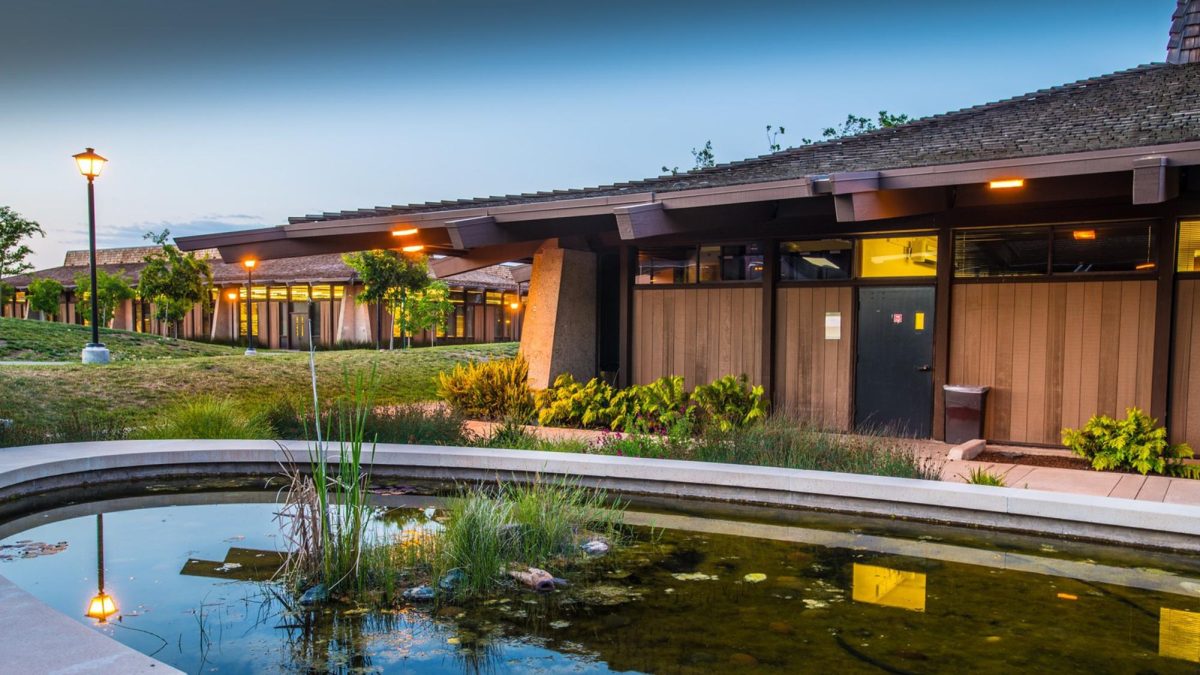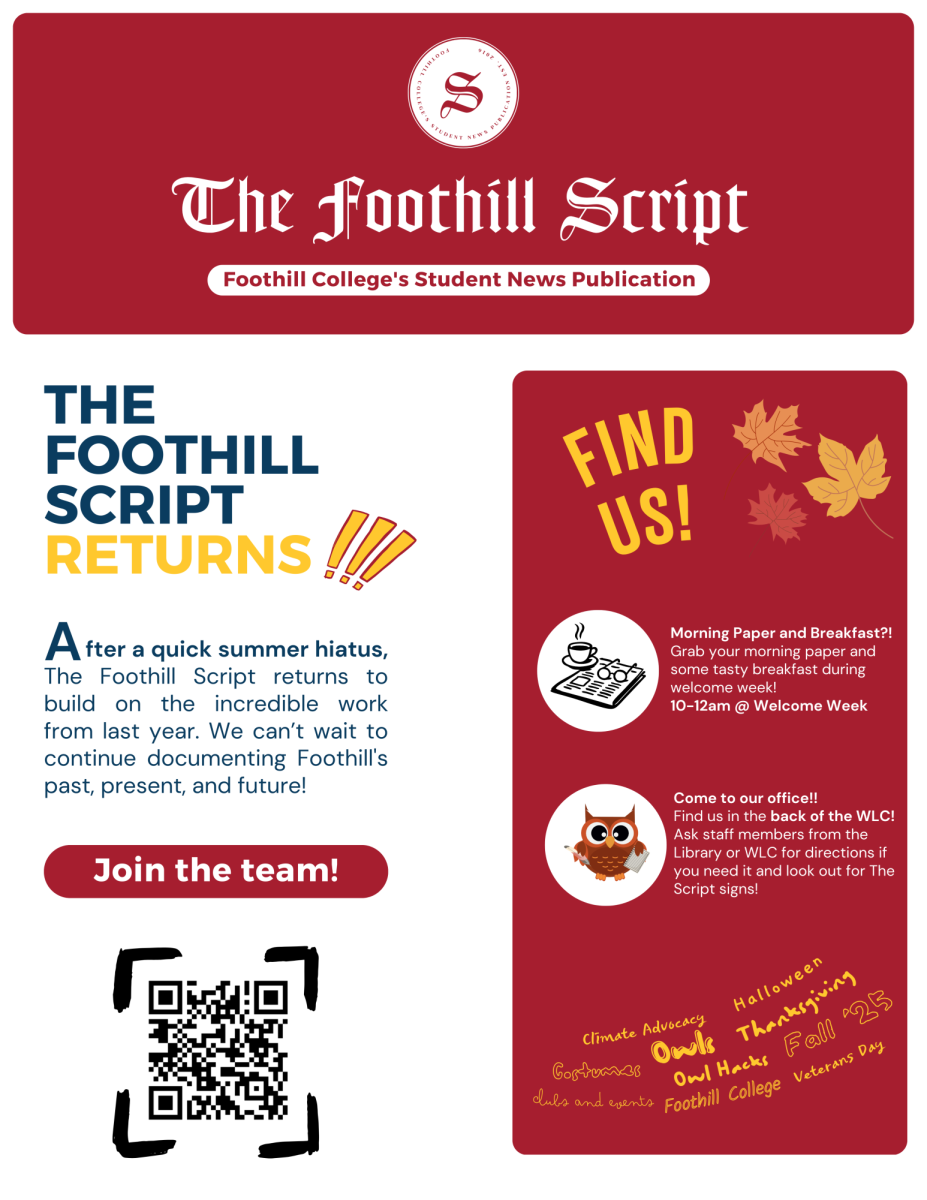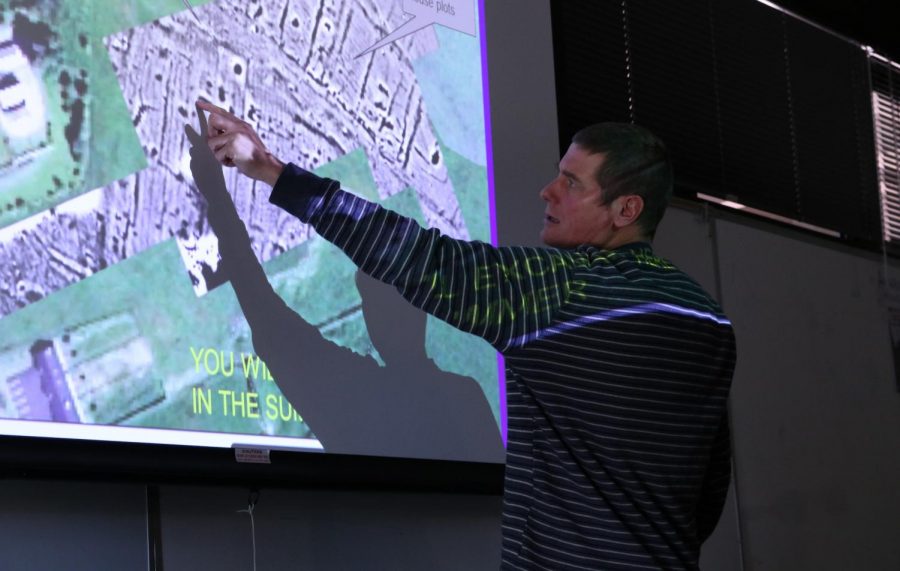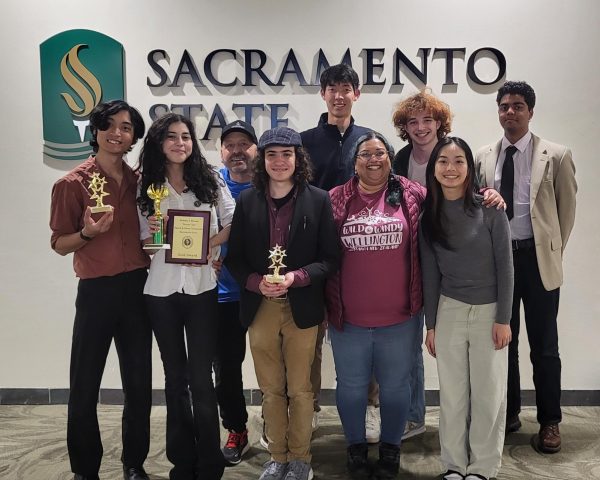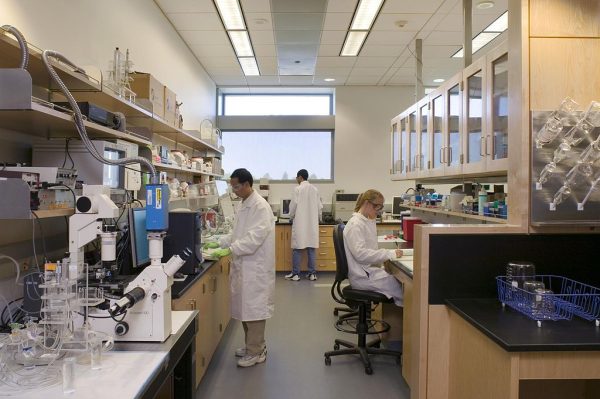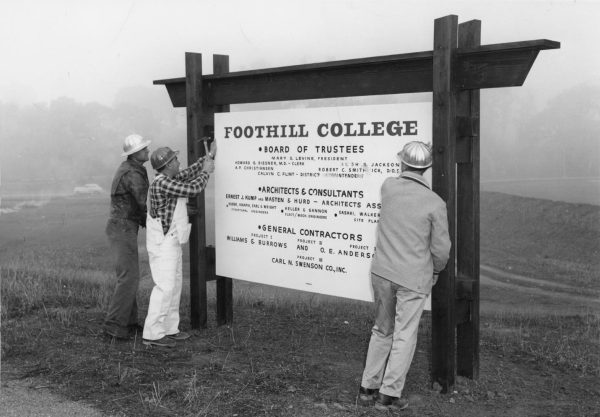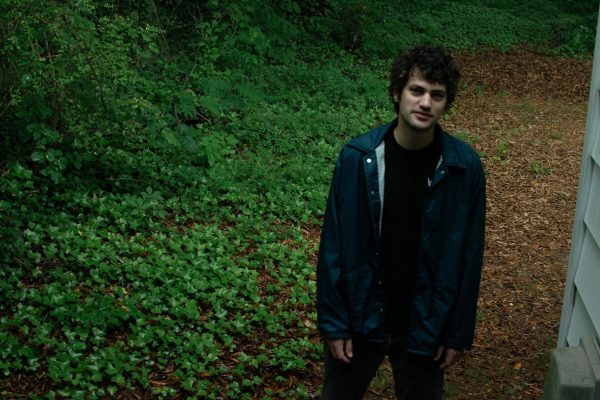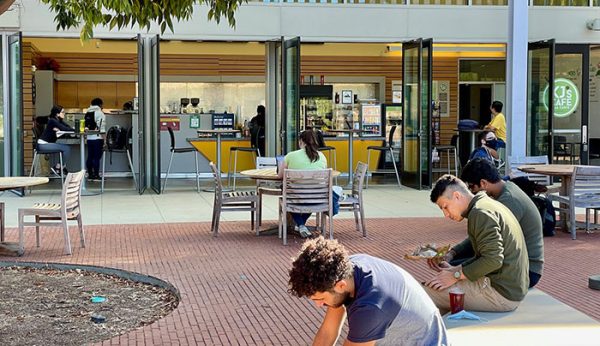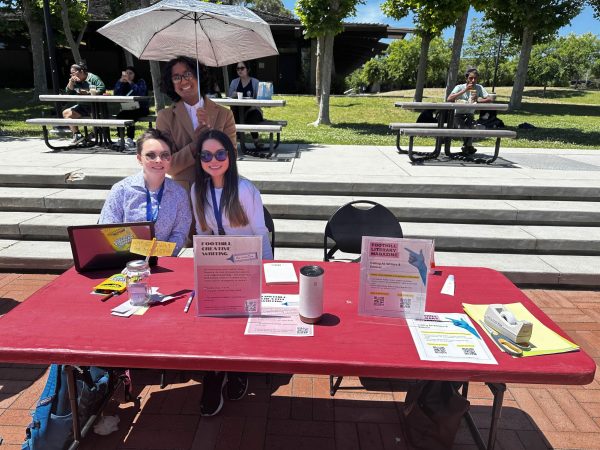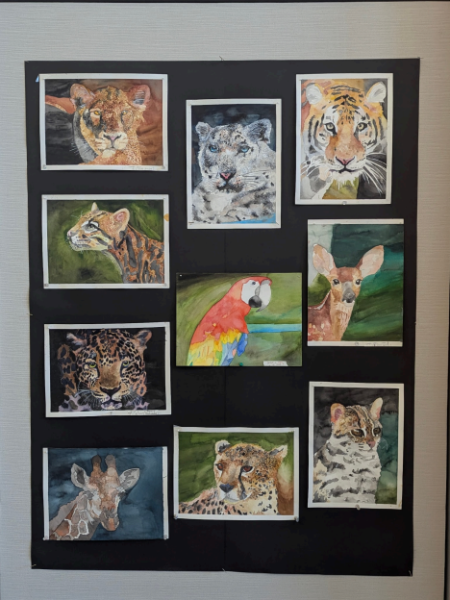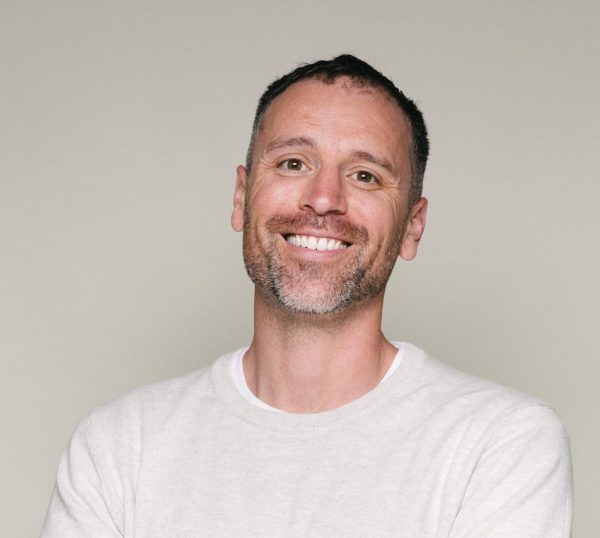Study Abroad: Anthropology in Ecuador and Ireland
Professor Connell discusses magnetometry of the buried village in Ireland
Have you ever wanted to travel to Ireland, Ecuador, or Mars? Foothill provides students with the unique opportunity to travel to two of those places every summer! On Wednesday, February 14, Professor Samuel Connell held an information session for students interested in the program, organized by the Anthropology Department, of which Professor Connell is the head.
Students will have the opportunity to immerse themselves in a foreign culture, undertake multiple anthropological projects, and explore different parts of the world. Connell, who has been taking students abroad for 18 years, said that students most enjoy “seeing other cultures, immersing themselves in other cultures, becoming part of a science project…and being part of a community.”
The Ecuador program will take place from July 1 – July 21 at an eroded stratovolcano in the Andes called Pambamarca, at an elevation of 10,000 feet. Students will spend their days learning about archaeological field techniques and applying them by excavating archaeological sites, surveying the land, and conducting laboratory analysis. Students will be required to take 12 units of anthropology courses over the duration, which will be taught by a staff with over 50 years of combined experience in teaching archaeology. The program costs $1,500 for three weeks, and provides students with transportation, food, and housing. Students will have to pay for their own airfare; however, according to Connell, plane tickets as cheap as $500 can be purchased.
The program aims to uncover the bloody history between the native Ecuadorians and the Inca Empire that began in 1490 and ended with the slaughter of the Ecuadorian army at Lago Yaguarcocha: the Lake of Blood. Archaeological evidence of warfare is everywhere, from Incan fort ruins and roads to ancient artifacts. Additionally, several field trips into the surrounding villages and markets will give students a chance to see local cultures and broaden their perspectives.The group will arrive to a flux of color and celebration as a traditional festival takes place in the village town — students can participate in the fun, taste exciting new foods, and immerse in the local culture. Students will also get a chance to practice applied anthropology by helping the Ecuadorian community put together a local museum about their history.
The Ireland program will take place from July 1 – August 2 in Ballintober, a small village in County Roscommon, a two hour train ride from Galway or Dublin. Students will spend time excavating castles, surveying the land, and doing lab analysis. Additionally, students will have the opportunity to learn advanced archaeological techniques such as ground-penetrating radar survey and magnetometry to investigate a buried village. Participants will also have the opportunity to take at least 12 units of Anthropology classes while there, which will be taught in person by professors and faculty with over 100 years of combined experience in teaching archaeology. The program will cost $3,150, not including airfare.
The focus of the program is Castles in Communities. The main feature of Ballintober is an old castle that dates back to the 1300s, where it was used by invading English forces and later re-occupied by Irish kings to defend the homeland against invading English lords. Students will be able to carry out Independent Pilot Projects in which they can come up with and execute their own primary archaeological research. Additionally, participants will undertake field trips to other communities, living history museums, market towns, and ancient archaeological sites to experience Irish culture. Students will also practice applied anthropology, which aims to discover real-life solutions to practical community problems.
Talia, a student who went to Ireland last year and will be returning this year, says to students, “It’s not something you’re going to regret — studying abroad is never something I’ve heard anyone regret. It’s an amazing experience that you just can’t get at home… also I got some really great friends out of it!”
Students have had overwhelmingly positive experiences in the program from past years and many wish they could go back.
In the words of Professor Connell, “Live the adventure! It’s good to get out of your comfort zone.”






